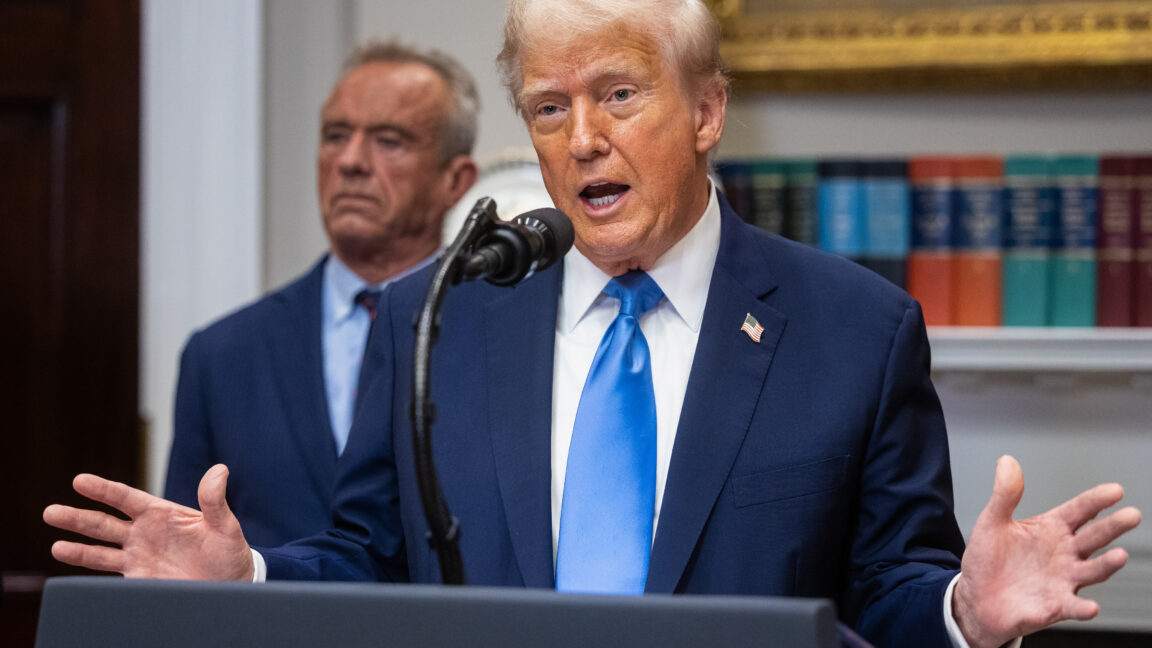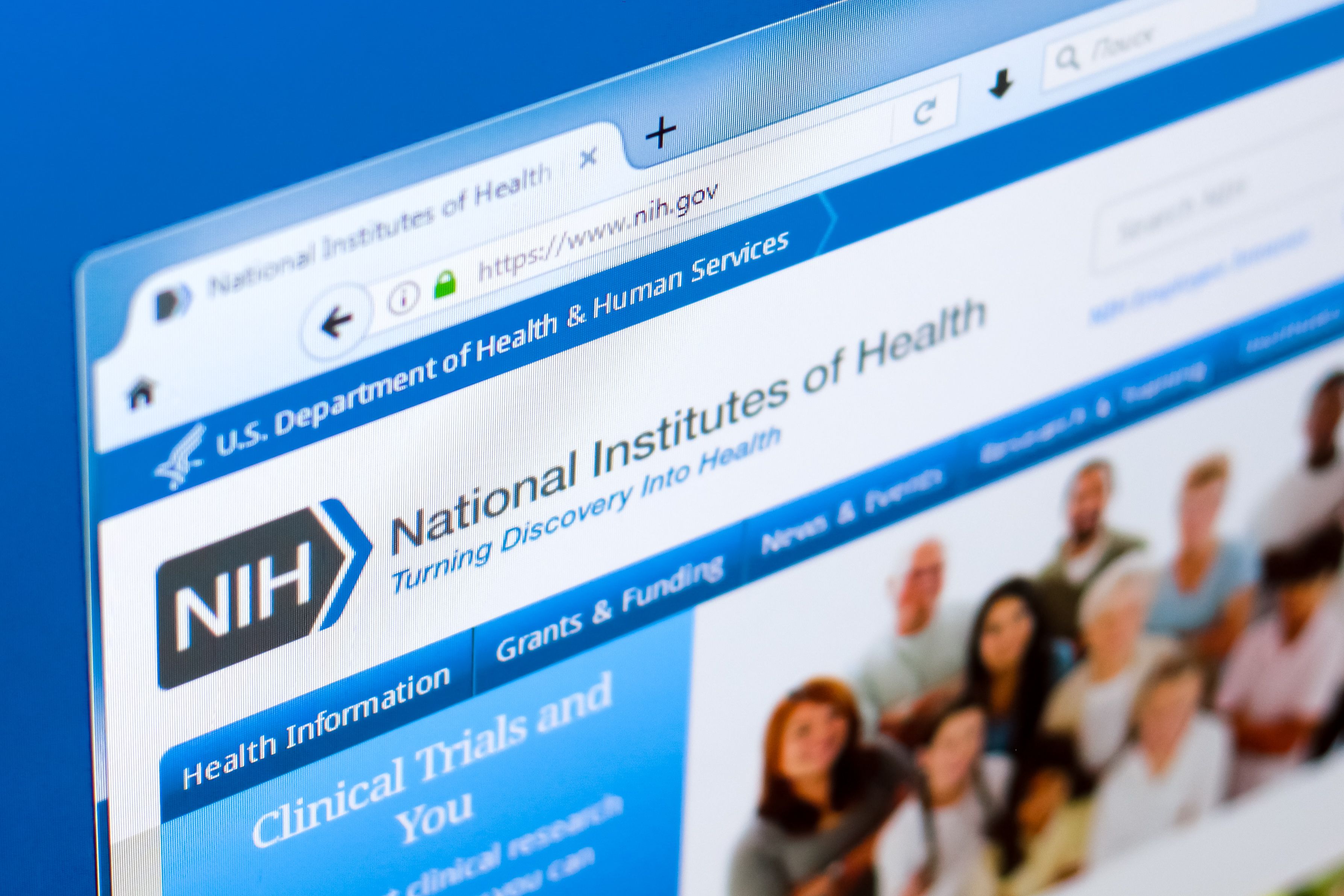Chandelier
Senior Member (Voting Rights)
Clinical Trials Affected by Research Grant Terminations at the National Institutes of Health
Patel, Vishal R.; Liu, Michael; Jena, Anupam B.
Abstract
This cross-sectional study summarizes the number of trials with terminated grants from the National Institutes of Health (NIH) and calculates the proportion of affected trials among those with previously active NIH funding, by trial status at time of grant termination and by trial characteristics.
Web | DOI | JAMA Internal Medicine
Patel, Vishal R.; Liu, Michael; Jena, Anupam B.
Abstract
This cross-sectional study summarizes the number of trials with terminated grants from the National Institutes of Health (NIH) and calculates the proportion of affected trials among those with previously active NIH funding, by trial status at time of grant termination and by trial characteristics.
Web | DOI | JAMA Internal Medicine



